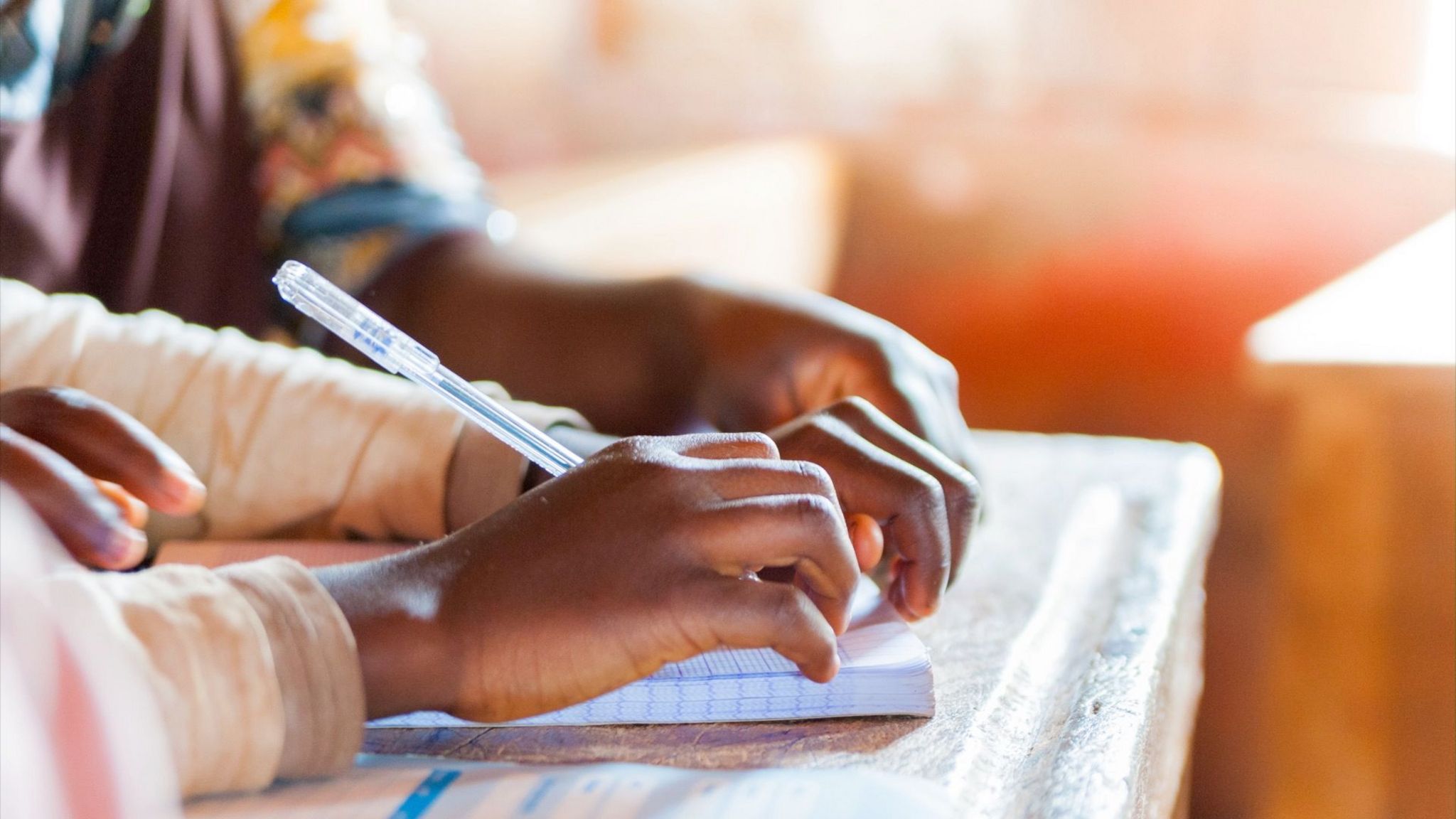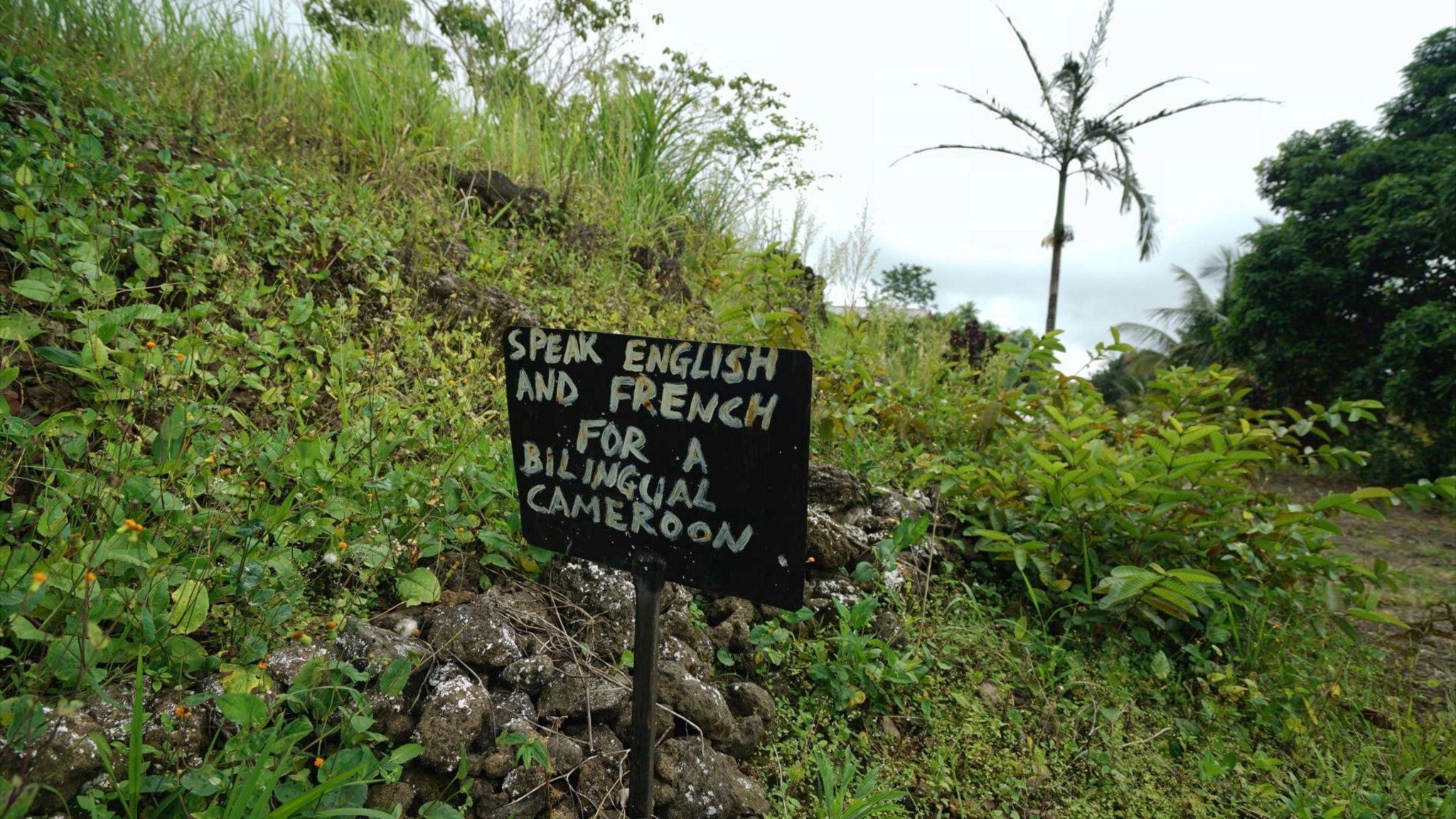Paul Njie
 Cameroon's opposition Social Democratic Front (SDF) party has condemned recent acts of violence by Anglophone separatist fighters aimed at preventing children in the country’s two restive English-speaking regions from effectively resuming school.
Cameroon's opposition Social Democratic Front (SDF) party has condemned recent acts of violence by Anglophone separatist fighters aimed at preventing children in the country’s two restive English-speaking regions from effectively resuming school.It comes during an almost two-week lockdown - imposed on September 4, the start of the new academic year – by separatists who have been seeking a break-away state for nearly six years. The lockdown is due to end on Friday September 15, bringing disruption to everyday life by restricting travel, businesses and the movement of people across the two Anglophone regions in the Northwest and Southwest.
Last week, at least three people were reportedly killed in the town of Buea, in the country's Southwest region when separatist fighters stormed the streets to enforce their restrictions. The separatists have so far warned students against going to school. But in the past, they've reportedly attacked schools for defying previous bans.
In a statement, the SDF denounced the "recent terrorist attacks perpetrated on innocent civilians by the purported separatist groups with the sole intention to enforce a lockdown on school resumption."
"We strongly reiterate that the right to access education is a universal human right, which must be enforced by the government with whatever means necessary," the party stated.
The government of long-running President Paul Biya is urging parents to send their children to school for the new school year. They say they are putting security measures in place to ensure pupils can return to their places of education.

A sign outside an abandoned rural school in Southwest Cameroon, 2019
Since 2017, targeting students and teachers who defy their orders is just one of the ways separatists have attempted to assert their dominance over what they consider to be their territories.
A September 2023 report by Education Cannot Wait revealed that in 2022, "attacks, which often involve gun shooting, killing, arson, and abductions, resulted in 68 percent and 39 percent of non-operational schools in the Northwest and Southwest regions."
It added that this "brings to a total of 2,245 schools thus still not functioning in these two regions due to violence." Meanwhile, the opposition continues to criticize the government's handling of the conflict, demanding that the safety and protection of school children and teachers be ensured amid the threats and attacks.
The UN says that over 700,000 school children have missed out on education by the closure of a large number of schools since the conflict began in 2017.
In the last few years, the education system seemed to be gaining a gradual boost, with some schools reopening in the affected regions under tighter security. But the separatists’ current action against children returning to school could portend an unpredictable academic year for pupils in the Anglophone regions.
No comments:
Post a Comment